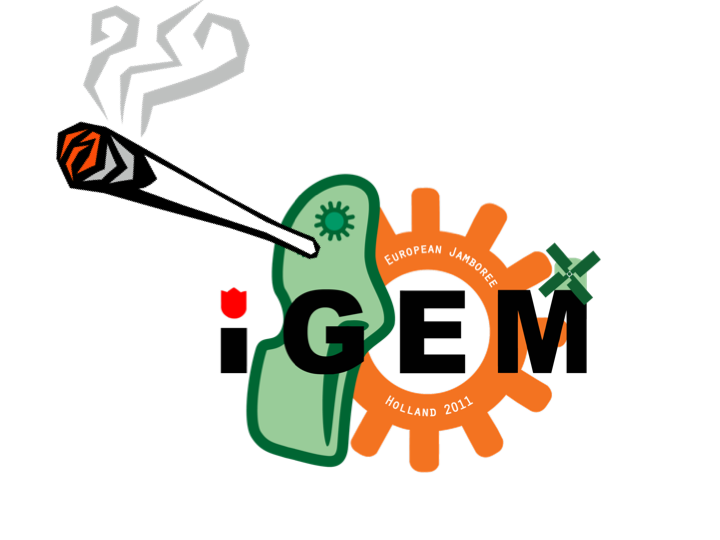Team:ETH Zurich/Project
From 2011.igem.org
| You can write a background of your team here. Give us a background of your team, the members, etc. Or tell us more about something of your choosing. | |
|
Tell us more about your project. Give us background. Use this is the abstract of your project. Be descriptive but concise (1-2 paragraphs) | File:ETH Zurich team.png Your team picture |
| Team Example |
| Home | Team | Official Team Profile | Project | Parts Submitted to the Registry | Modeling | Notebook | Safety | Attributions |
|---|
Contents |
Overall project
Idea
Our project focuses on the detection of smoke from the air by E.Coli bacteria and monitoring its concentration visually by flashes of various lights. Our system will act as a smoke sensor and “partymeter”, telling us how a certain party progresses (under the creative assumption that the progress of the party is measured by the amount of smoke in the air).
Project description
We modify our cells so that they can detect Acetaldehyde, which is a substance found in the cigarete smoke. Upon binding of Acetaldehyde to AlcR, AlcR acts as an inhibitor for a gene transcription. This is where our genetically engineered circuit? / pathway? starts. With a number of inhibitors and activators, we crated our circuit such that it gives rise to a GFP product once a certain concentration of Acetaldehyde is detected from the air. Thus, our circuit acts as a band-pass-filter for Acetaldehyde concentration.
We will place our genetically engineered cells in a microfluidics channel and will supply them with a flow of Acetaldehyde. We will also design our cells to degrade Acetaldehyde, so that a concentration gradient of Acetaldehyde is created throughout the channel.
 "
"
